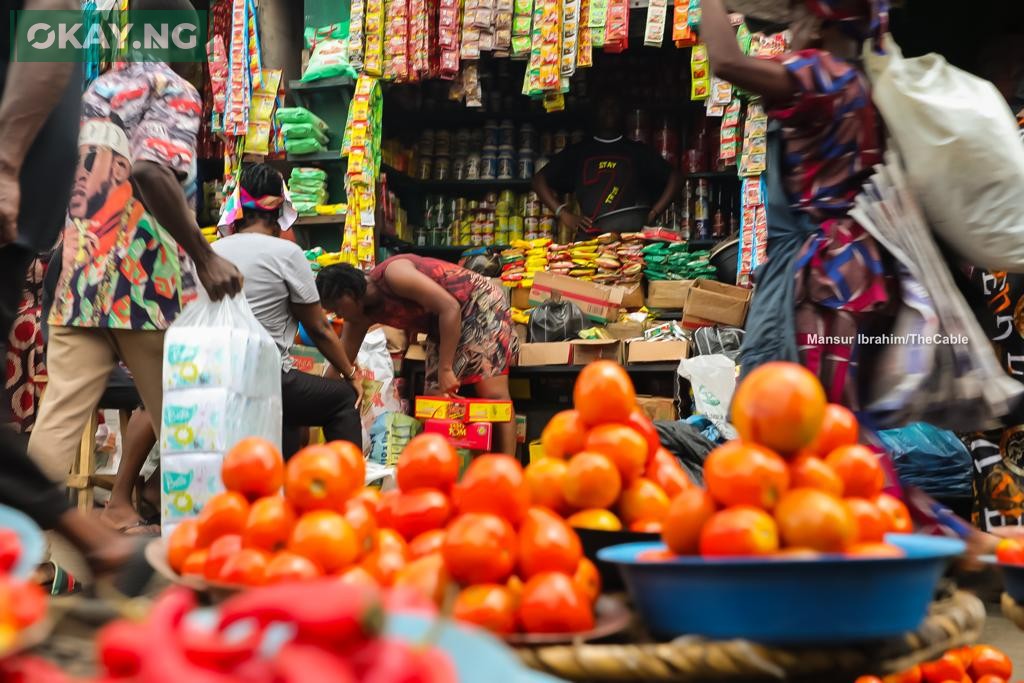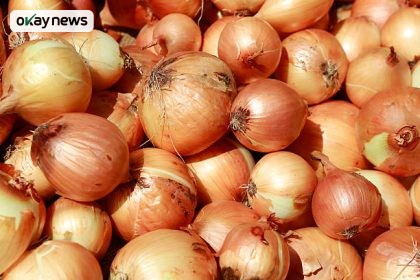The cost of living in Nigeria continues to spiral upwards, with the latest Consumer Price Index (CPI) data for March 2024 revealing a staggering nationwide inflation rate of 33.2%.
This alarming figure underscores the severe economic pressures reshaping the country’s financial landscape, affecting the daily lives of Nigerians across various states.
While inflationary pressures are felt nationwide, their impact varies significantly across different subnational regions.
According to the National Bureau of Statistics (NBS), certain states bear the brunt of escalating costs more acutely than others. Here, we unveil the top 10 most expensive states to live in Nigeria based on the March 2024 CPI data.
| State | All-Item Inflation Rate | Food Inflation Rate |
|---|---|---|
| Kogi | 39.95% | 48.47% |
| Bauchi | 38.34% | 34.38% |
| Kwara | 38.10% | 46.18% |
| Oyo | 37.30% | 41.83% |
| Rivers | 37.20% | 45.08% |
| Ebonyi | 36.57% | 44.10% |
| Akwa Ibom | 36.13% | 45.18% |
| Abia | 36.09% | 44.47% |
| Ondo | 35.81% | 43.45% |
| Osun | 35.44% | 43.55% |
Kogi State continues to lead the pack, with a staggering 39.95% all-item inflation rate and a whopping 48.47% food inflation rate, highlighting the severe strain on household budgets within the state. Bauchi and Kwara follow closely, with all-item inflation rates of 38.34% and 38.10%, respectively, while food inflation rates in these states diverge significantly, standing at 34.38% and 46.18%, respectively.
States like Oyo, Rivers, Ebonyi, Akwa Ibom, Abia, Ondo, and Osun also feature prominently on the list, with all-item inflation rates ranging from 35.44% to 37.30% and food inflation rates between 41.83% and 45.18%. These figures underscore the widespread impact of rising prices on essential commodities, exacerbating the financial strain on households across these regions.
The NBS data reveals a concerning trend, with several states experiencing significant month-on-month increases in both all-item and food inflation rates. Notably, Kogi State witnessed a 1.97%-point rise in the all-items rate and a substantial 2.15%-point increase in food inflation, suggesting heightened economic strain and potential supply-side constraints or escalating demand pressures.
As Nigeria grapples with these inflationary challenges, policymakers and stakeholders must prioritize targeted interventions to address the disparities in the cost of living across different states.
Comprehensive measures aimed at stabilizing prices, bolstering food production and distribution networks, and promoting economic resilience are crucial to mitigating the impact on the lives of Nigerians, particularly in the most affected regions.







